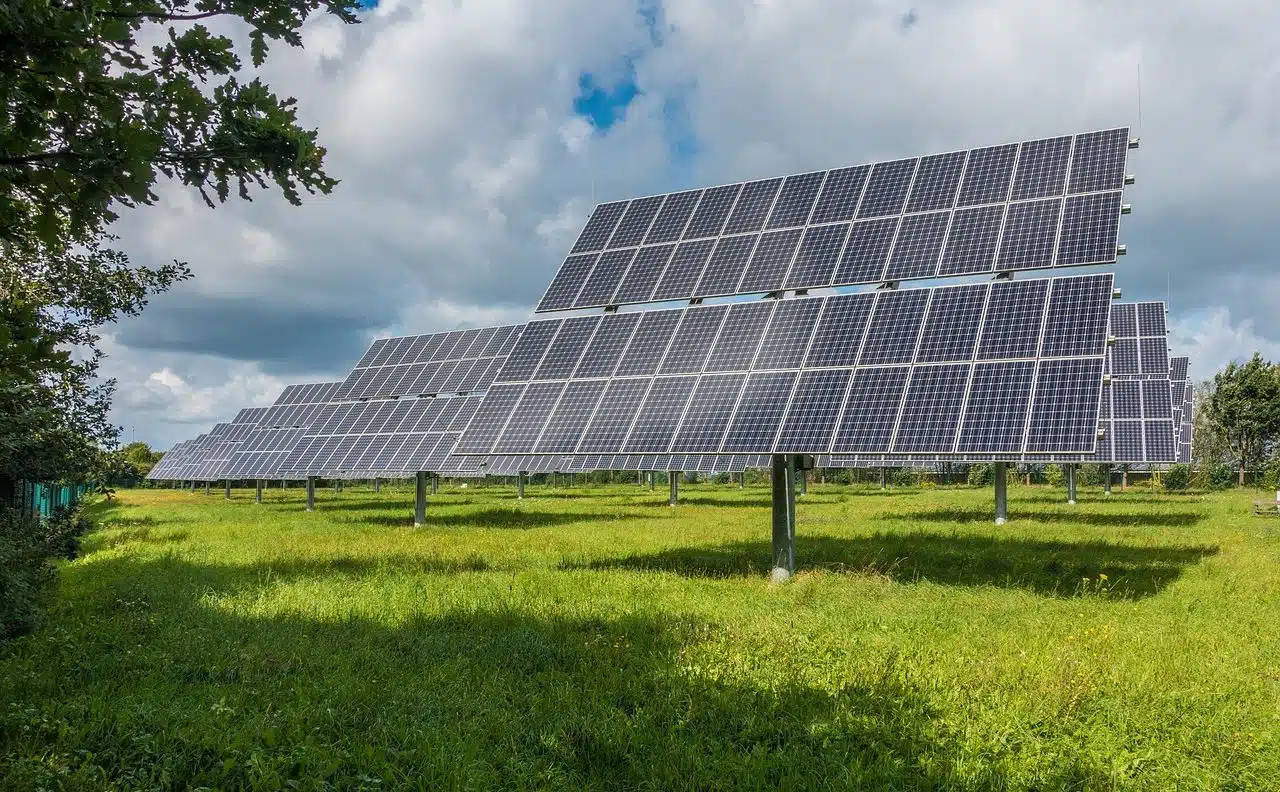
Sustainability is making responsible use of natural resources, thinking about the future.
Sustainability , also known as sustainability, is the ability to meet the needs of the present without compromising the ability of future generations to meet theirs. It involves the implementation of environmental management systems, as well as the responsible use of social and economic resources to guarantee sustainable development and long-term environmental conservation. It seeks to promote practices that minimize negative environmental impact, promoting equity, justice and resilience in communities and the planet as a whole.
Importance
The importance of sustainability at a global level is fundamental due to the environmental, social and economic challenges that humanity faces in the 21st century.
Below we review some key aspects of sustainability:
- environmental preservation : this includes the conservation of biodiversity , natural ecosystems, and air and water quality . This is crucial to maintaining the health of the planet and ensuring adequate habitat for present and future generations;
- Climate change mitigation – Adopting sustainable practices is essential to mitigate climate change and its devastating impacts. The reduction of greenhouse gas emissions, the transition towards renewable energy sources and the promotion of more sustainable lifestyles are essential measures in this regard;
- Social equity and justice : Sustainability is not limited to the environment, it also addresses social issues such as equity , justice and poverty eradication. It promotes equitable access and sustainable use of basic resources such as drinking water , food and energy, and seeks to reduce economic and social disparities between different population groups, both locally and globally;
- crisis resilience : Adopting sustainable practices can increase the resilience of communities and economies in the face of crises and natural disasters, such as hurricanes, droughts and floods. The diversification of energy sources, the sustainable management of natural resources and the construction of resilient infrastructure are key aspects;
- Natural resource conservation – Overexploitation of natural resources such as forests, oceans and soils poses a threat to long-term sustainability. Adopting sustainable consumption and production practices is essential to conserve these resources and ensure their availability for future generations.
In short, global sustainability is essential to addressing the interconnected challenges facing humanity in the 21st century, from preserving the environment to promoting social equity and building resilient communities. It is a comprehensive approach that seeks to ensure a viable and prosperous future for generations to come.

Solar panels convert the sun's energy into electricity.
Renewable energies
Renewable energy sources regenerate naturally and are virtually inexhaustible on a human scale. Among the best known examples we have the following:
- solar energy : comes from the sun's radiation and can be converted into electricity using photovoltaic solar panels or into heat using solar thermal panels;
- wind energy : it is generated from the wind through wind turbines that convert its kinetic energy into electricity;
- hydroelectric energy : obtained from the movement of water, generally through the construction of dams or reservoirs that take advantage of the kinetic energy of water to generate electricity;
- geothermal energy – comes from heat stored deep inside the Earth and can be harnessed by drilling geothermal wells to generate electricity or provide direct heating;
- biomass energy : derived from organic matter, such as solid agricultural, forestry or organic waste, which is burned or fermented to generate heat, electricity or biofuels;
- tidal energy : the movement of the tides is used to generate electricity through the use of underwater turbines.
Energy efficiency is the optimization of energy use to reduce consumption and minimize waste. It involves the implementation of technologies and practices that allow obtaining the same or better results with a lower investment. This can range from improving the efficiency of equipment and devices to optimizing industrial processes and designing buildings that make better use of energy.
The combination of renewable energies and energy efficiency is essential to move towards a more sustainable energy model and reduce dependence on fossil fuels, thus contributing to the mitigation of climate change and the preservation of the environment.

It is possible to obtain electricity from the wind, thanks to wind turbines.
Tools and strategies
Promoting sustainability involves the use of a variety of tools and strategies. Let's start with green certifications , programs that evaluate and certify the environmental sustainability of buildings, products, processes or services. Some of the best known are LEED (Leadership in Energy and Environmental Design), BREEAM (Building Environmental Assessment Method), and EDGE (Design Excellence for Greater Efficiencies). These provide internationally recognized standards to promote green building.
Environmental awareness campaigns , on the other hand, are essential to motivate behavioral changes through environmental education. They may include activities such as media outreach, community engagement events, educational programs in schools and universities, and social media campaigns. The goal is to inform people about the positive impact their individual actions can have on the environment and promote more sustainable practices in everyday life.
Emerging technologies also play a crucial role in promoting sustainability by offering the possibility of addressing environmental challenges through sustainable innovation. This may include:
- advances in renewable energy (such as more efficient energy storage systems or next-generation solar panels);
- development of sustainable transport (such as electric vehicles or intelligent public transport systems);
- more efficient recycling and waste management technologies;
- environmental monitoring and management solutions based on data and analysis.
